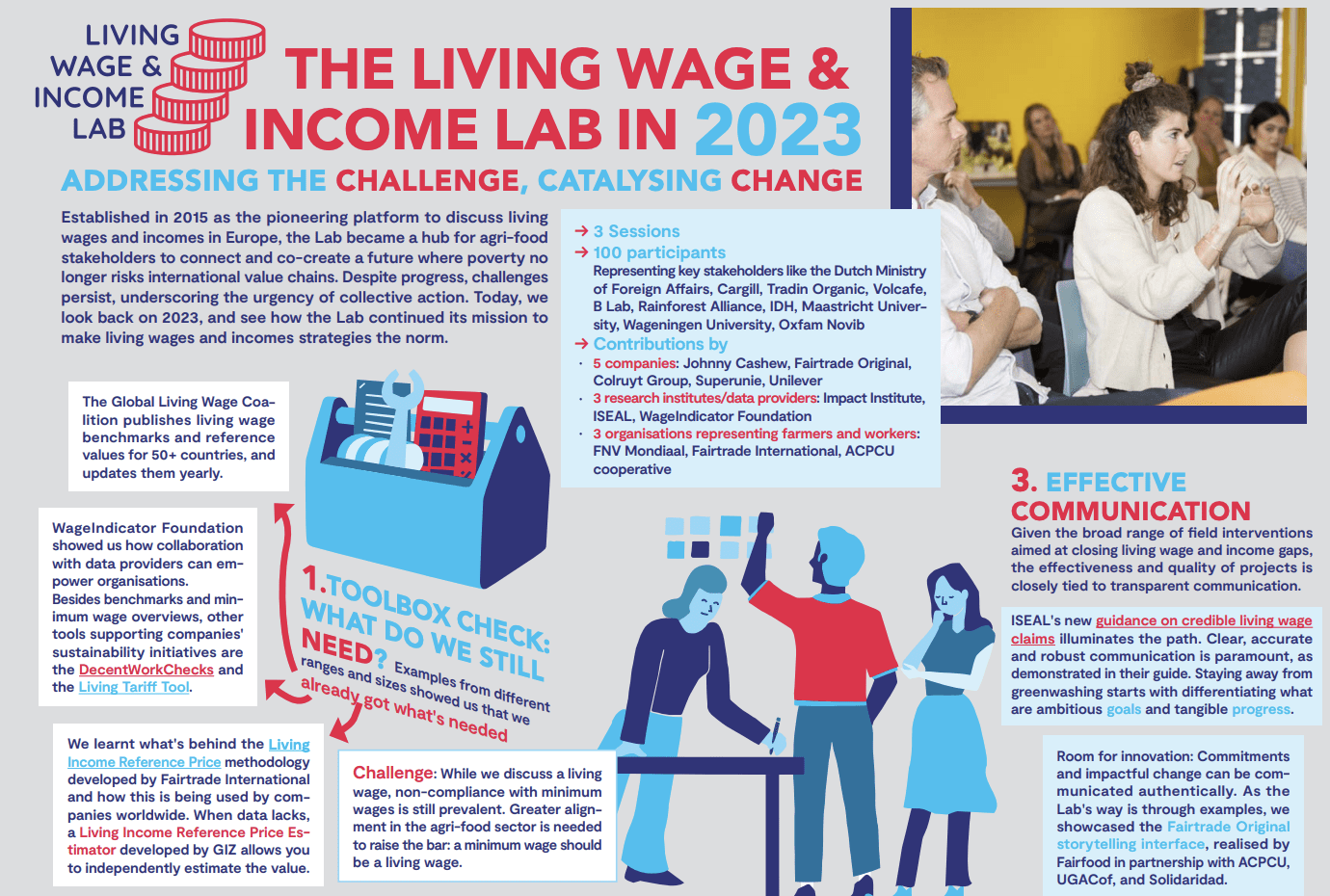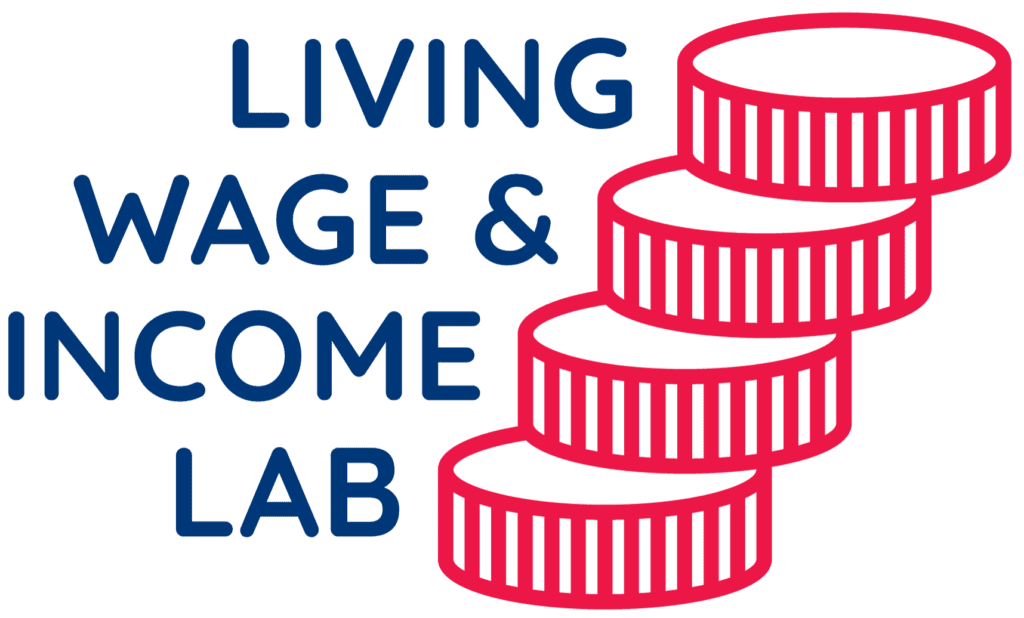On the 21st of September Lab partners met @ the Social and Economic Council of the Netherlands (SER) in the Hague. For this session Patrick Belser, Coordinator of the Wage Group at the International Labour Organisation (ILO) shared findings of a recently published study Purchasing practices and working conditions in global supply chains: Global Survey results which the ILO carried out in collaboration with the joint Ethical Trading Initiatives (ETIs). 1454 suppliers from 87 countries participated in this survey, including suppliers from the agrifood sector.
Good purchasing practices and higher wages
The paper distinguishes five business practices that influence wages and working conditions: contract clauses; technical specifications; order placement & lead times; demands for social standards and last, the influence of market power on prices, which was particularly highlighted. One of the most valuable contributions of this global survey is that it shows empirically the association between good buying practices and higher wages, demonstrating the importance of good buying practices.
Consequently participants did personal and group exercises to firstly think about what we could do individually to improve purchasing practises, and secondly what multiple stakeholders could do, and how the Living Wage Lab could facilitate this. One conclusion was that there is a lack of knowledge amongst Lab partners on how to improve methods. Practical insights on how to analyse your performance and good examples would be helpful to get started.
Practical steps
A practical step that traders and retailers could take is making their code of conduct an integral part of their discussions with suppliers to ensure that everyone is on the same page regarding the content and their remain no unclarities about who bears the costs when there are changes in orders, for example. Now, suppliers often just sign the document, because they need the contract. This harms healthy lasting business relations which are key to good buying practices. It was also discussed that sustainability standards should apply to all parties in the supply chain (including retailers and traders), where they are now mostly being applied to suppliers. An inspiring initiative towards better buying practices is the Better Buying Initiative in which suppliers in the garment sector are asked to rate the practices of their buyers. This forces the participating brands to recognise the effects of their practices.
Several Lab partners appealed to the ILO to play a more important role in strengthening our efforts to achieve living wages in international supply chains, including the agri-food sector. The leading UN agency has a tripartite structure and promotes decent work worldwide and strengthens social dialogue on work-related issues. Much of their current focus is on minimum wage, which was originally intended to be a living wage, but which must be set by taking into account both the needs of workers and their families as well as economic factors.
Workshop
The Living Wage Lab intends to organize a practical workshop on good buying practices next year, possibly in collaboration with the Ethical Trade Initiative. The content of the workshop will be based on the insights of the ILO survey and the recently published Guide to Buying Responsibly by the joint Ethical Trading Initiatives. The guide lays out the business case for buying responsibly, and provides guidance for senior managers and buyers to get started with improving purchasing practices. We will contact the Lab participants to make an inventory of interest and needs for this workshop. You can also send us an email to indicate your interest at info@livingwagelab.org.



